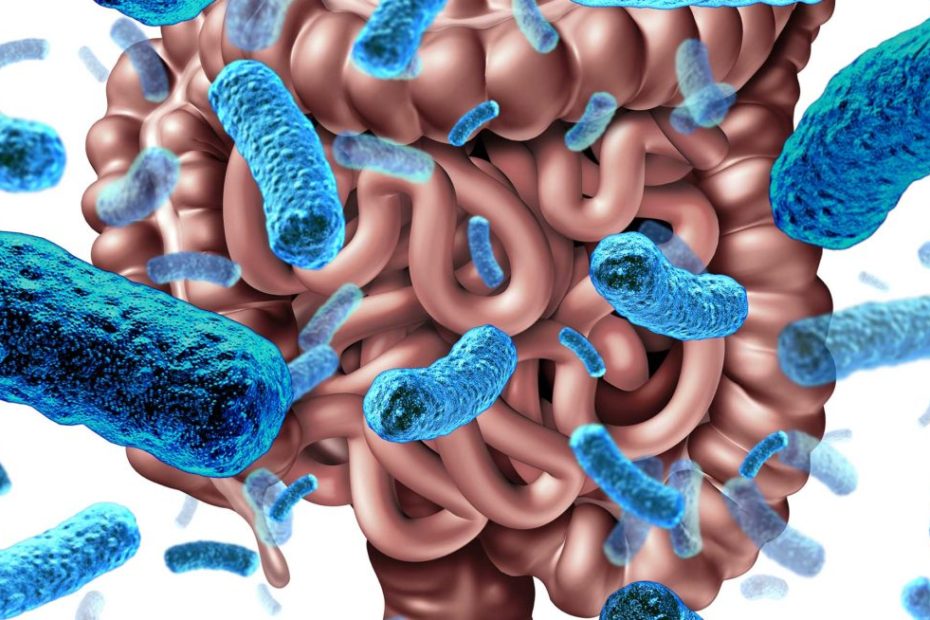For years, scientists have been worried about a class of substances called “forever chemicals”—toxic pollutants that resist breaking down in nature and in our bodies. These chemicals, technically known as PFAS (per- and polyfluoroalkyl substances), have been found in drinking water, soil, food, and even human bloodstreams.
But in a surprising twist, recent research suggests that our gut microbes—the trillions of bacteria and other organisms living in our intestines—might hold the key to flushing these dangerous compounds from the body.
What Are Forever Chemicals?
PFAS are synthetic chemicals used in everything from non-stick cookware and waterproof clothing to firefighting foams and food packaging. They became popular because they resist heat, grease, and water. Unfortunately, the same properties that make them useful also make them extremely persistent.
- They don’t easily break down in the environment.
- They accumulate in animals and humans over time.
- They are linked to serious health problems, including liver damage, cancer, immune system disorders, and hormonal imbalances.
Because of their durability, scientists call them “forever chemicals.”
The Gut Microbiome: An Unexpected Ally
Our gut is home to a complex community of microbes that help digest food, regulate our immune system, and even influence mood. Now, studies suggest that some of these microbes may also play a role in detoxifying harmful substances.
Here’s how the connection to PFAS was discovered:
- Observation – In lab experiments, certain gut bacteria showed signs of binding to PFAS molecules.
- Metabolic Action – Instead of leaving PFAS to circulate freely, microbes seemed capable of breaking down or chemically altering parts of these compounds.
- Excretion – Altered PFAS became easier for the body to flush out through natural waste pathways.
This means that the microbiome could act as a biological filter, reducing how much PFAS lingers in our systems.
How Could Gut Microbes Break Down the Unbreakable?
PFAS are notoriously tough because of their carbon-fluorine bonds, some of the strongest in chemistry. But microbes are clever survivors. They can evolve special enzymes to tackle harsh environments and unusual molecules.
- Some gut bacteria may snip away at weaker parts of PFAS chains.
- Others might transform PFAS into byproducts that are less toxic and easier to excrete.
- Certain microbial communities seem more effective than others, suggesting that diet, genetics, and lifestyle could influence a person’s ability to detoxify PFAS.
The Promise for Human Health
If scientists can harness this microbial power, it could open up new ways to protect people from PFAS exposure:
- Probiotics: Developing specialized probiotic supplements containing PFAS-degrading bacteria.
- Dietary Strategies: Encouraging foods that promote the growth of protective microbes.
- Medical Treatments: Using engineered gut bacteria to actively break down PFAS in patients at high risk.
This would represent a revolutionary approach—using biology instead of chemicals or machines to fight pollution in our bodies.
Challenges and Open Questions
While the research is promising, it’s still in early stages. Scientists must answer critical questions before this becomes a real-world solution:
- How efficient are gut microbes at breaking down PFAS?
- Do all humans have the same protective microbes, or only some?
- Could altering the microbiome have side effects?
- What happens to the breakdown byproducts—are they safe?
The answers will determine whether gut microbes can truly help reduce the global burden of forever chemicals.
A Glimpse of Hope
PFAS pollution feels overwhelming because these chemicals are everywhere and nearly indestructible. But nature often surprises us. The same microscopic allies that help us digest dinner and fight infections may also provide a pathway to rid our bodies of some of the most stubborn pollutants ever created.
In the fight against forever chemicals, the solution may lie not in high-tech machinery or costly cleanups, but in the hidden chemical factories inside our own guts.
